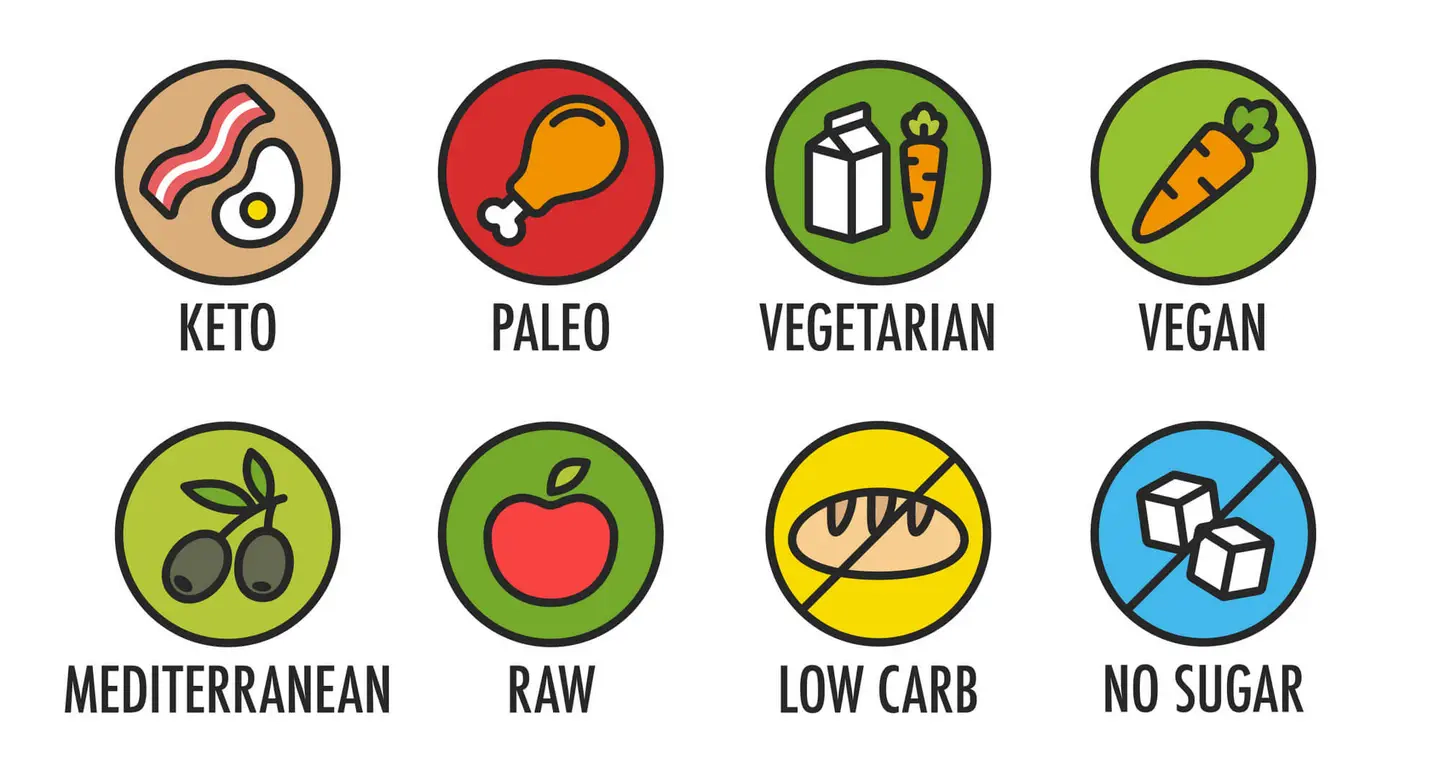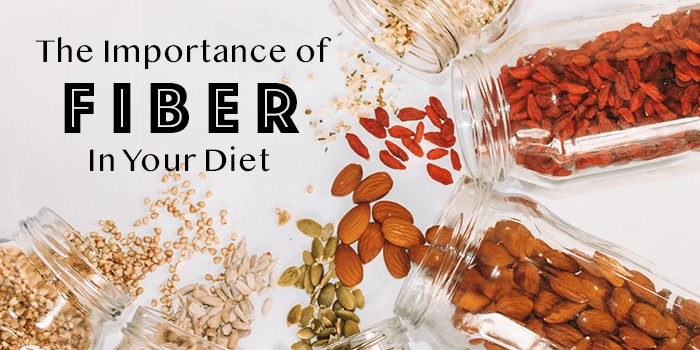Effective Strategies for Sustainable Weight Loss

Sustainable weight loss is not just about shedding pounds quickly but maintaining a healthy weight in the long run.
Achieving sustainable weight loss is a journey that involves more than just shedding pounds quickly. It requires adopting healthy lifestyle habits that promote long-term weight management and overall well-being. While fad diets and quick-fix solutions may offer temporary results, they often lead to rebound weight gain and can be detrimental to health. In this article, we will explore effective strategies for sustainable weight loss that prioritize long-term success and overall health.
Establish Realistic Goals
Setting realistic and achievable goals is essential for sustainable weight loss. Rather than aiming for rapid weight loss, focus on making gradual, sustainable changes to your eating habits and lifestyle. Set specific, measurable goals such as losing 1-2 pounds per week or increasing daily physical activity. Celebrate small victories along the way to stay motivated and track your progress.
Adopt a Balanced Diet
A balanced diet is key to sustainable weight loss and overall health. Focus on incorporating a variety of nutrient-dense foods into your meals, including fruits, vegetables, whole grains, lean proteins, and healthy fats. Aim to fill your plate with colorful fruits and vegetables, which are rich in vitamins, minerals, and antioxidants. Choose whole grains over refined grains and opt for lean protein sources such as chicken, fish, beans, and tofu. Limit your intake of processed foods, sugary snacks, and unhealthy fats.
Practice Portion Control
Portion control plays a crucial role in managing calorie intake and promoting weight loss. Pay attention to serving sizes and avoid overeating, even if you're eating healthy foods. Use smaller plates and bowls to help control portion sizes, and be mindful of your hunger and fullness cues. Eating slowly and savoring each bite can also help prevent overeating and promote satiety.
Stay Hydrated
Drinking an adequate amount of water is important for overall health and can support weight loss efforts. Water helps keep you hydrated, aids digestion, and can help you feel full between meals. Aim to drink at least eight glasses of water per day, and consider drinking a glass of water before meals to help control appetite. Limit your intake of sugary beverages such as soda and juice, which can contribute to excess calorie intake.
Incorporate Physical Activity
Regular physical activity is essential for both weight loss and overall health. Aim for at least 150 minutes of moderate-intensity exercise per week, such as brisk walking, cycling, or swimming. Additionally, incorporate strength training exercises at least two days per week to build muscle mass and boost metabolism. Find activities that you enjoy and make exercise a regular part of your routine.
Practice Mindful Eating
Mindful eating involves paying attention to your food choices, eating habits, and hunger cues without judgment. Avoid distractions such as television or smartphones while eating, and focus on savoring each bite. Eat slowly, chew your food thoroughly, and tune in to your body's hunger and fullness signals. Mindful eating can help prevent overeating, promote healthier food choices, and enhance the overall eating experience.
Seek Support
Seeking support from friends, family, or a professional can greatly increase your chances of success in achieving sustainable weight loss. Joining a support group, working with a registered dietitian, or enlisting the help of a personal trainer can provide accountability, motivation, and guidance throughout your weight loss journey. Surround yourself with positive influences who support your goals and encourage you to stay on track.
Sustainable weight loss is achievable through a combination of healthy eating habits, regular physical activity, and lifestyle modifications. By adopting realistic goals, making gradual changes to your diet and exercise routine, and seeking support when needed, you can achieve long-term success in managing your weight and improving your overall health and well-being. Remember that sustainable weight loss is not a quick fix but a lifelong journey towards a healthier, happier you.






